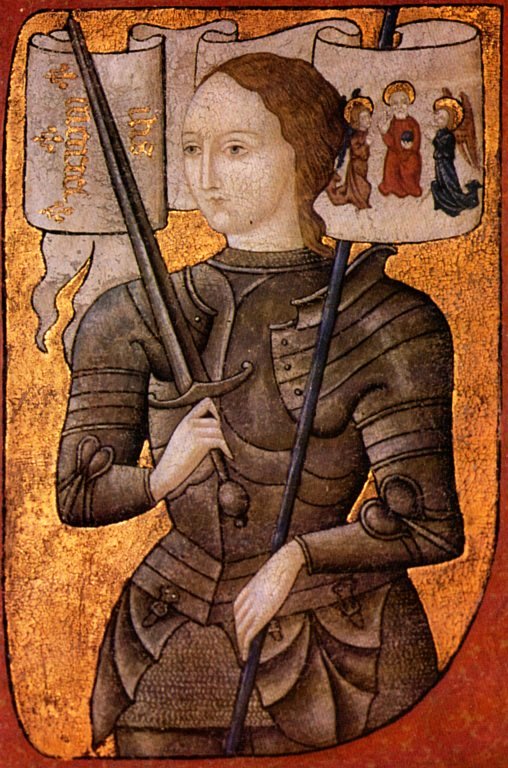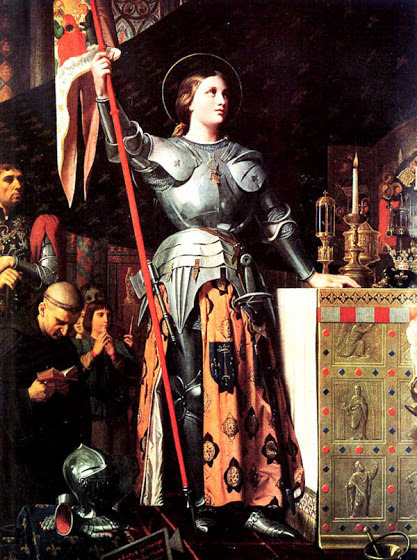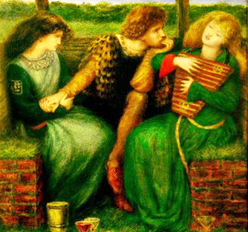The Hero's Journey
by Mary Jane Hurley Brant

Some say we don’t have anymore heroes but I say we do. Let’s take a look at what a hero is and decide if you are one.
A hero travels the hero’s journey. That’s when regular people such as you or me are asked to leave our routine life because something serious has occurred and we are asked to do something about it. We are “called to help.” We are called to save our king, our country, our friend, or ourself. And because the task is arduous, we really don’t want to accept it.
Medieval stories call the journey a “quest” because the hero faces not only a serious challenge but sometimes a life or death circumstance to boot. Examples of a modern day hero’s journey are leaving for war, battling a cancer, caring for a parent stricken with Alzheimer’s, burying a beloved child or mate, or going through a painful divorce. The challenge we meet on the hero’s journey might mean facing an enemy within such as a dependence on alcohol, drugs or a compulsive behavior.
Once we fully face the seriousness of our challenge, we realize that nothing in our life will ever be the same. And while we may feel very much alone with this realization, rest assured, fellow traveler, that you are not alone if you are on the hero’s journey because a spiritual guide always emerges with the sole purpose of reminding us of our strengths, offering us encouragement, and providing us with much appreciated hope. Think now about your own life. Did an angel of mercy in the form of a rabbi, a pastor, a counselor, a teacher, or a sagacious friend appear just when you needed the help? Did your spouse, or sibling, or parents’ faith and prayers pull you through and keep you believing? Did God or

Spirit fortify your resolve and strengthen your courage?
More problems confront us on the hero’s journey. And even while feeling battle weary, the hero not only stays riveted on the original goal but he or she manages additional strength to confront the fear which really holds power over him or her. Nothing stops the hero who pushes through to complete the mission and return home victorious where friends, neighbors and family shout, “Welcome home!” This is biblical, archetypal and transcendent.
So, what do you think? Are you a hero? If you have walked the hero’s journey then maybe you are. And if you are a hero you probably had a helping hand from someone when you lost your way. We all need support in our descents, quests, and pilgrimages whether a hero’s journey or not. I love the idea of reflecting on life, particularly our trials, because it affords an opportunity to give thanks to the people whose grace kept our souls believing when we thought we could bear no more.
My friends, whether we have fought the unbeatable foe, whether we have walked the hero’s journey or not, remember it’s never too late to be grateful for another chance to make our life, our dreams and Every Day Matter.



